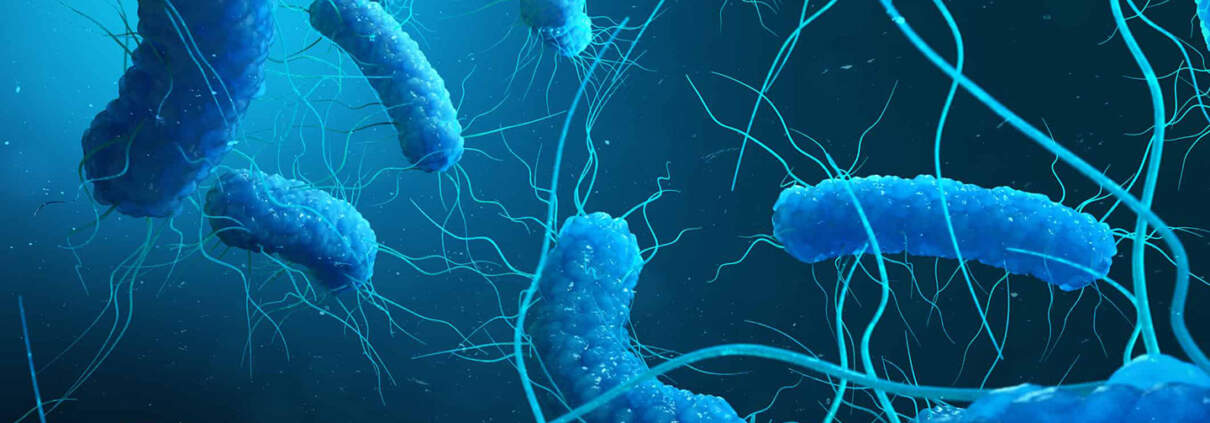Sampling of Post-Hurricane Florence Floodwater for Human Foodborne Pathogens
Heavy rainfall and flooding following a hurricane can massively impact water quality, especially via runoff from agricultural and industrial operations. The IAFNS Food Microbiology Committee is supporting researchers at North Carolina State University to examine the emergence, potential routes of contamination and proliferation, as well as virulence and susceptibility of three major foodborne pathogens in the freshwater supply following Hurricane Florence: Salmonella, Listeria and Campylobacter.
These findings will be integrated with geospatial analysis and land use information. The choice of these pathogens was dictated by the significant threats that they pose to food safety and public health and their known capacity to survive and persist in fresh water. The data will provide assessments of pathogen prevalence during and post-flooding, as well as estimates of the time periods required for return to baseline levels. The learnings from this study will also support mitigation and control of pathogens in future food systems.
Institution: North Carolina State University
Principal Investigator: Sophia Kathariou, PhD
Year Awarded: 2018
Learn more about the IAFNS Food Microbiology Committee.



